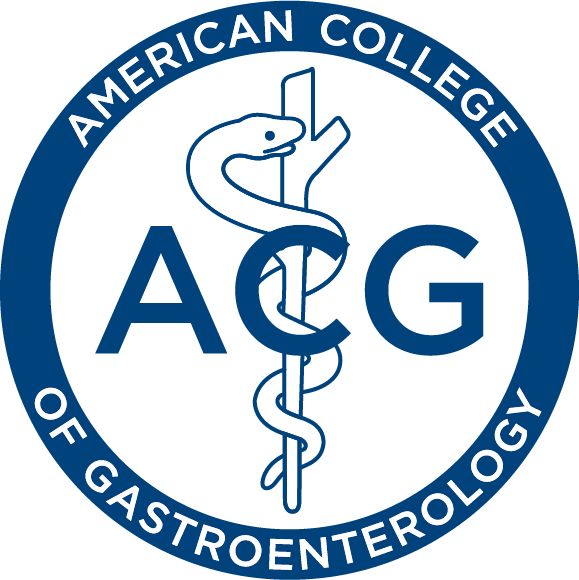Newswise — A study reviewing historical colonoscopy results found no statistically significant differences in the rates of cancer or other abnormalities between women who had symptoms of colorectal cancer and those who did not. Released today at the 68th Annual Scientific Meeting of the American College of Gastroenterology (ACG), this study by researchers from the University of Pennsylvania Medical Center points to the importance of colorectal screening for all adults over 50.
Gastroenterologists use the colonoscopy procedure both for colorectal cancer screening (in the absence of symptoms) and for the diagnosis of colorectal abnormalities when a patient presents with problems. The researchers analyzed the clinical findings from 415 women who had a colonoscopy for any reason (either screening or diagnosis).
"Most symptoms are poor predictors for the presence of colonic neoplasia," said Radhika Srinivasan, M.D., FACG, the lead investigator.
Their retrospective cross-sectional study of women who had a colonoscopy in 2002 found that common symptoms of colorectal cancer, including a change in bowel habits, anemia and/or blood in the stool, did not significantly increase the likelihood that cancer would be found; women without symptoms were just as likely to have cancer.
"Colon cancer can occur without any symptoms," warns Dr. Srinivasan. "Our study involved women, but both men and women at average risk for colorectal cancer should be screened starting at age 50."
Colorectal cancer is the second leading cause of cancer deaths in the United States, second only to lung cancer. The ACG recommends that for average-risk individuals, colorectal cancer screening tests begin at age 50. The preferred approach is a screening colonoscopy every 10 years, but an alternate strategy consists of a stool test for blood every year and flexible sigmoidoscopy every 3 to 5 years. For high-risk individuals, screening colonoscopy may begin earlier and is performed more frequently. Those at high risk include those with a personal history of colorectal cancer or adenomatous polyps; family history of colorectal cancer; nonhereditary polyposis; or a predisposing condition such as inflammatory bowel disease. (Medicare provides for surveillance colonoscopy no more frequently than once every two years for those at high risk.) For both average- and high-risk individuals, all potential pre-cancerous polyps must be removed.
"More education, awareness, and media focus regarding screening colonoscopy should be directed at both patients and gastroenterologists," said Prem Chattoo, D.O., of St. Vincent's Hospital at the Manhattan-New York Medical College. Dr. Chattoo and colleagues selectively polled 133 gastroenterologists at Digestive Disease Week, an international meeting for gastroenterologists held each May, and they found that most of the gastroenterologists over age 50 had had a screening colonoscopy. Of the doctors who had not undergone colonoscopy, only one had had an alternate strategy (flexible sigmoidoscopy and barium enema).
"Our results demonstrate that 70 percent of the study group [gastroenterologists over age 50] had a screening colonoscopy, compared to approximately 15 percent of patients in the general population over the age of 50," said Dr. Chattoo. "The study findings suggest that gastroenterologists do practice what they preach."
Dr. Chattoo's findings also were released at today's meeting.
The ACG was formed in 1932 to advance the scientific study and medical treatment of disorders of the gastrointestinal (GI) tract. The College promotes the highest standards in medical education and is guided by its commitment to meeting the needs of clinical gastroenterology practitioners. Consumers can get more information on GI diseases through the following ACG-sponsored programs:· 1-800-978-7666 (free brochures on common GI disorders, including ulcer, colon cancer, gallstones, and liver disease)· 1-866-IBS-RELIEF and http://www.ibsrelief.org (free educational materials)· 1-800-HRT-BURN (free brochure and video on heartburn and GERD)· http://www.acg.gi.org (ACG's Web site)
MEDIA CONTACT
Register for reporter access to contact detailsCITATIONS
American College of Gastroenterology 68th Annual Scientific Meeting
